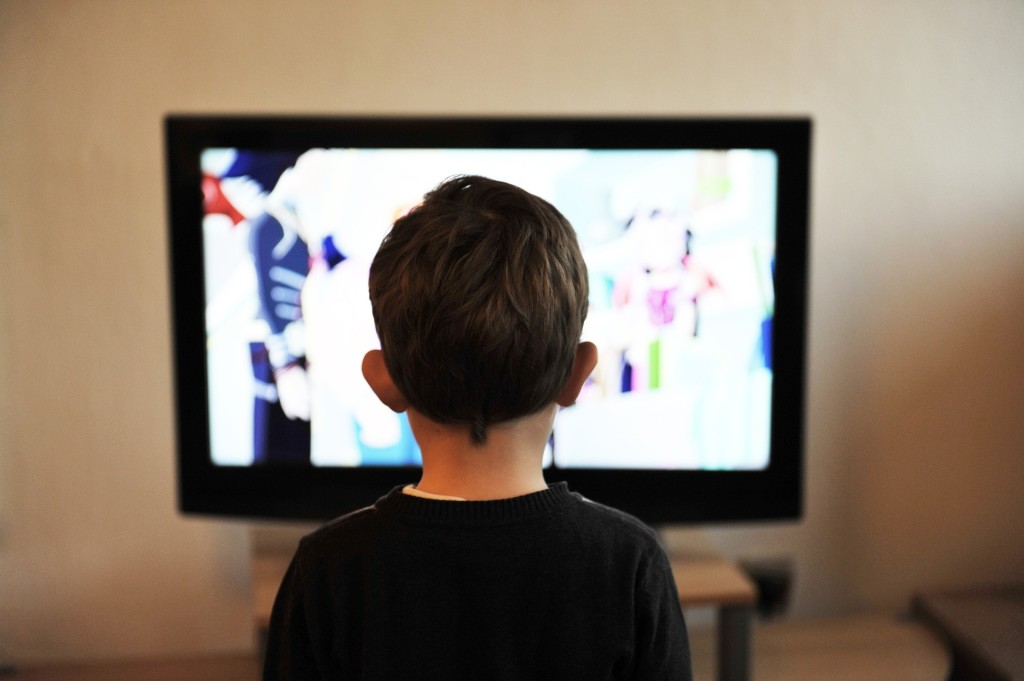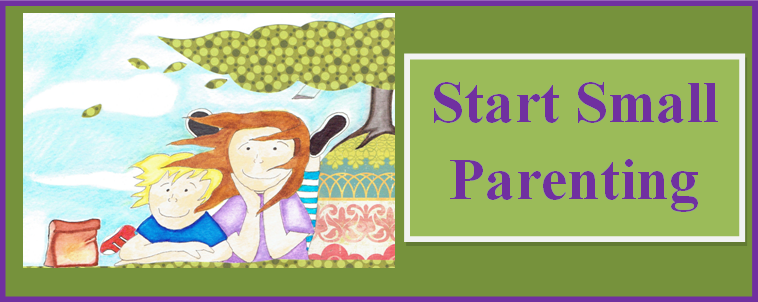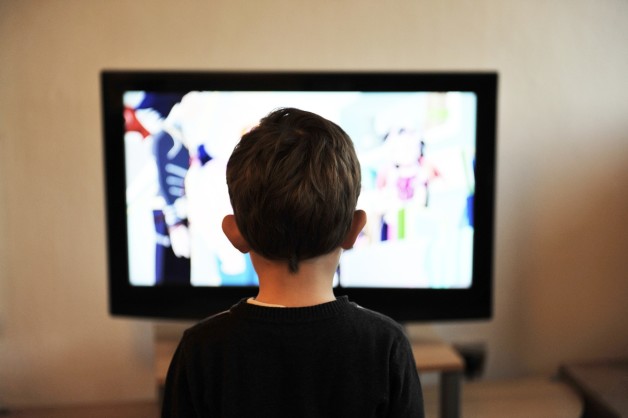 Many parents I know are on “High Media Alert.” Hyper-vigilant, reading articles for info, monitoring their kids as much as possible, asking other parents about limits, forming and reforming a strategy, and sometimes, freaking out.
Many parents I know are on “High Media Alert.” Hyper-vigilant, reading articles for info, monitoring their kids as much as possible, asking other parents about limits, forming and reforming a strategy, and sometimes, freaking out.
No other generation of parents has had to deal with an entity that was this unknown when they grew up. Sure, nobody wanted their kids playing pool in River City in the Sound of Music. And when the automobile was introduced, parents were convinced that their kids would drive away and never come back. But knowledge and exposure to anything and everything should have us a bit freaked out!
Almost as important as the WHAT they are watching is the HOW
With the introduction of the electronic babysitter, many parents saw a way to get more done around the house or in their workday. While this is tempting, my recommendation is to change HOW the child is watching (ALONE) and make media a family event instead.
Interact with your child. Ask questions.
Discuss reactions, both positive and negative, to what you saw:
- What did you think about the show?
- Did you like when _______ happened?
- Why did it happen?
Fantasy and Reality
- What was pretend and what was real?
- How could you tell?
- Could anything like that happen to you? When? Same or different?
Violence or bullying on screen:
- What do you think about how they solved the problem?
- If you had that problem, what could you say or do?
- How could you solve that problem where no one gets hurt?
Stereotypes
- I wonder why the bad guys have accents and wear dark clothes.
- I wonder why it’s always men who do the rescuing in the show.
- There seem to be mostly women in the food commercials.
Check out the length and duration of time your child is watching daily. Here are some recommendations:
3 yrs old = 15 minutes
4 yr old = 15 – 30 minutes
5 – 8 yr old – 30 minutes – 1 hour
Under 2 – NO media! (Recommended by the American Academy of Pediatrics)
Are there any signs that your child is watching too much media? Look at what they are doing when they are not watching.
- Do they often ask for media over other activities?
- Do they whine for more when you turn it off?
- Do they tell you “no” more often or have resistance after watching media?
- Do they imitate the show in play or use toys linked to the show?
- Are they mean to a friend or sibling?
You can have a great impact on your children by limiting the amount of media you use in front of them. Checking your phone often? Running frequently to your computer at home? Try filtering out the adult world. If possible, have your computer or laptop in a separate room from family activities. Show that you can live with limits. Have designated times you use your phone for games, social media, etc.
Media is part of our life from here on out. As the first generation to have to experiment with it’s limits and effects on children, let’s stay awake and aware. By modeling respectful media use and enforcing limits, we’ll be helping our kids be better parents in the future.
Danger Signs



